The Emperor Jones
Unscrupulously ambitious Brutus Jones escapes from jail after killing a guard and through bluff and bravado finds himself the emperor of a Caribbean island.
The Emperor Jones is a 1933 American pre-Code film adaptation of the 1920 Eugene O’Neill play of the same title, was made outside of the Hollywood studio system, financed with private money from neophyte wealthy producers, and directed by iconoclast Dudley Murphy, who had sought O’Neill’s permission to film the play since its 1924 production in New York. He cast Paul Robeson, Dudley Digges, Frank H. Wilson, and Fredi Washington. The screenplay was written by DuBose Heyward and filmed at Kaufman Astoria Studios with the beach scene shot at Jones Beach Long Beach, New York. Robeson starred in the O’Neill play on stage, both in the United States and England, a role that had helped launch his career.
Plot
At a Baptist prayer meeting, the preacher leads a prayer for Brutus Jones, who has just been hired as a Pullman Porter, a job that served the upward mobility of thousands of African-American men in the first half of the 20th century. Jones proudly shows off his uniform to his girlfriend Dolly (and the film’s audience, setting up the contrast with the later scenes in which “the Emperor Jones” parades around in overdone military garb) before joining the congregation for a spiritual. But Jones is quickly corrupted by the lures of the big city, taking up with fast women and gamblers. One boisterous crap game leads to a fight in which he inadvertently stabs Jeff, the man who had introduced him to the fast-life and from whom he had stolen the affections of the beautiful Undine (played by Fredi Washington).
Jones was imprisoned and sent to do hard labor. (A stint on the chain gang allows the film its first opportunity to show Robeson without his shirt on, an exposure of male nudity unusual for 1933 and certainly for a black actor. Here and later the director plays on Robeson’s sexual power and, implicitly, on cultural stereotypes about the libidinal power of black men.) Jones escapes the convict’s life after striking a white guard who was torturing and beating another prisoner. Making his way home, he briefly receives the assistance of his girlfriend Dolly before taking a job stoking coal on a steamer headed for the Caribbean. One day, he catches sight of a remote island and jumps ship, swimming to the island.
The island is under the crude rule of a top-hatted black despot who receives merchandise from Smithers, the dilapidated white colonial merchant who is the sole Caucasian on the island. Jones rises to become Smithers’ partner and eventually “Emperor”. He dethrones his predecessor with a trick that allows him to survive what appears to be a fusillade of bullets, creating the myth that he can only be slain by a silver one. Jones’s rule of the island involves increasing taxes on the poor natives and pocketing the proceeds.
The highlight is a twelve-minute spoken monologue taken directly from O’Neill’s play, in which Brutus Jones (Robeson), hunted by natives in revolt, flees through the jungle and slowly disintegrates psychologically, becoming a shrieking hysteric who runs right into the path of his pursuers. This section was written as a nearly autobiographical account by O’Neill, who had gone off to Honduras the year after his graduation from Princeton and gotten hopelessly lost in the jungle, resulting in hallucinatory fears.
Cast
Paul Robeson – Brutus Jones
Dudley Digges – Smithers
Frank H. Wilson – Jeff
Fredi Washington – Undine
Ruby Elzy – Dolly
George Haymid Stamper – Lem
Jackie “Moms” Mabley – Marcella
Blueboy O’Connor – Treasurer
Brandon Evans – Carrington
Rex Ingram – Court Crier
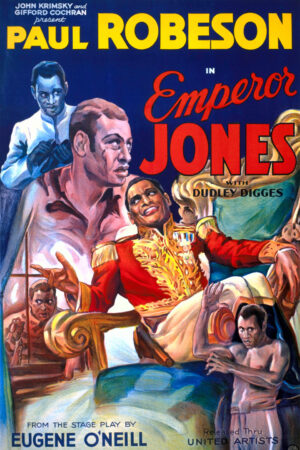
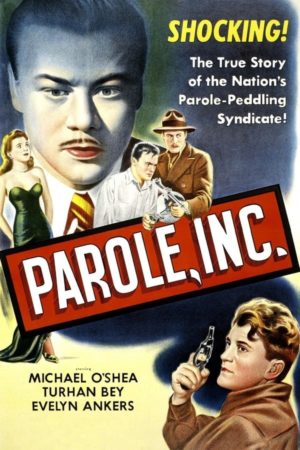
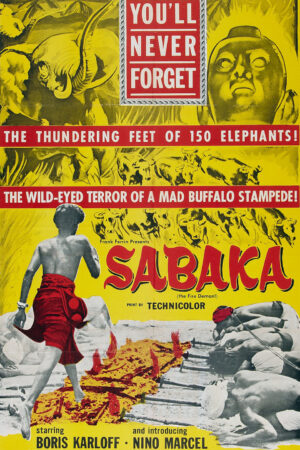
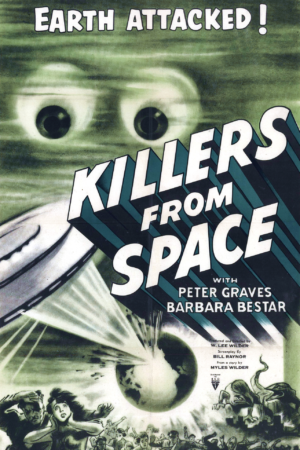

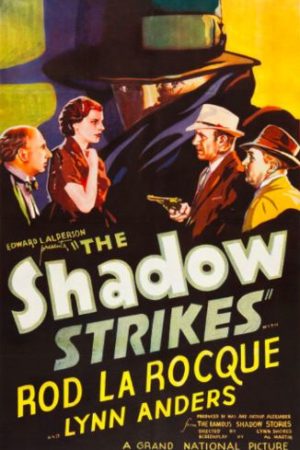
There are no reviews yet.